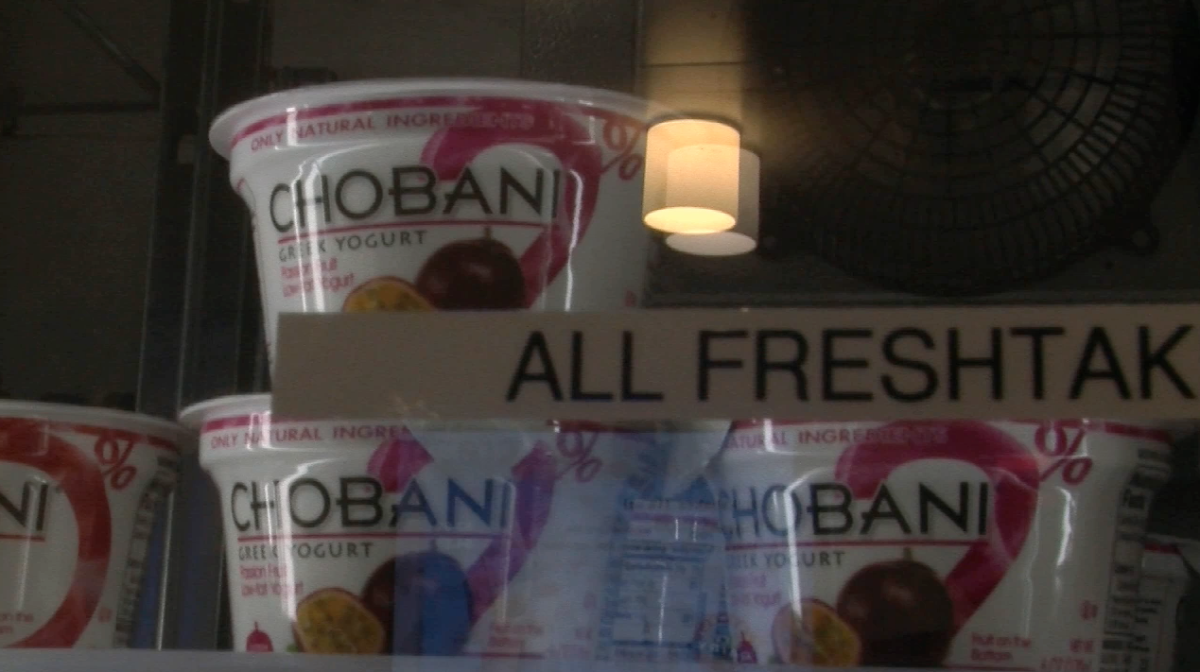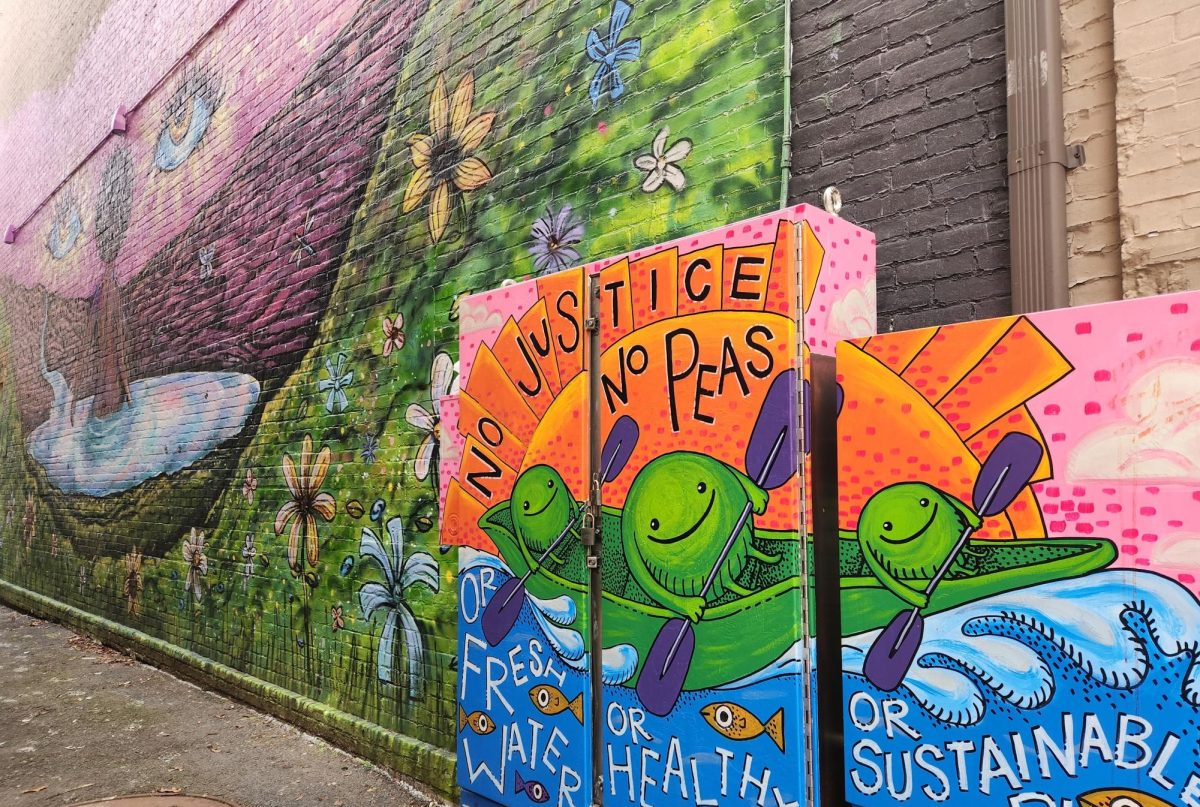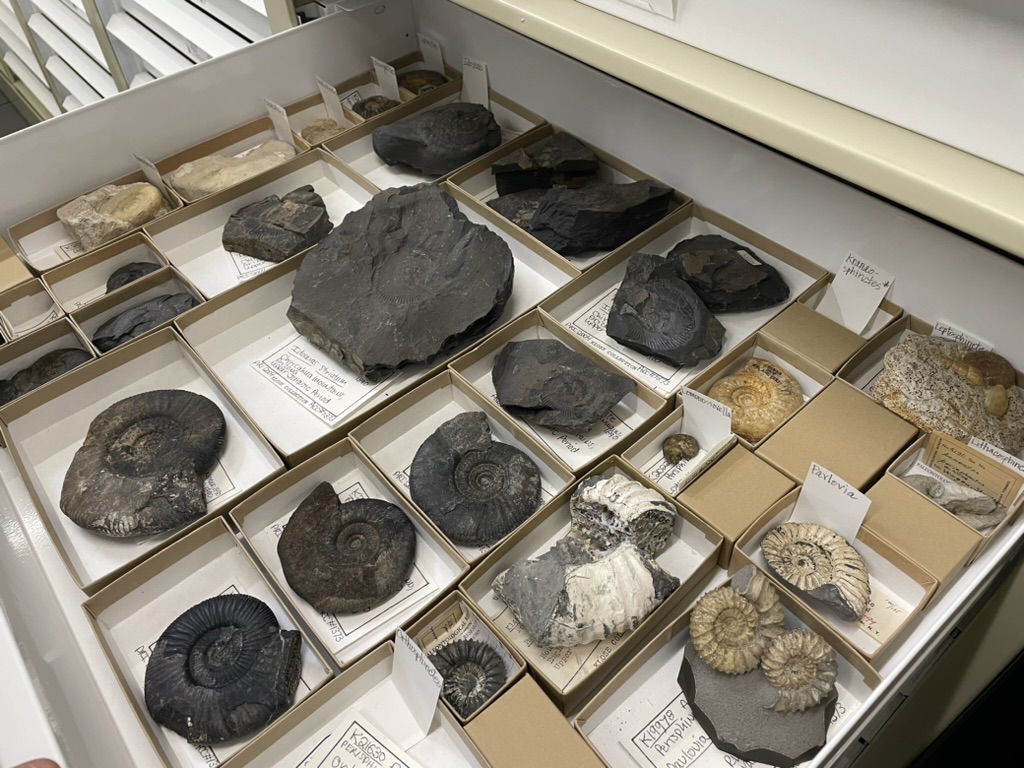“We really try to figure out how can we improve the overall food chain to reduce food spoilage,” said Dr. Martin Wiedmann, a professor in the Department of Food Science at Cornell University. “That’s a very important thing here because by 2050 we have to feed 9 billion people.”
In October, Cornell University’s Department of Food Science received a $1.5 million gift from Chobani, Inc., the leading Greek yogurt producer in the country, to research more effective ways to produce higher quality yogurt, as well as educate and train people so they may be more qualified to work in the industry.
The type of research that will be conducted with Chobani’s gift has not yet been determined, but Wiedmann said it will likely deal with finding ways to reduce yogurt spoilage and extend shelf life.
“Chobani has a commitment to not use preservatives,” Wiedmann said. “So that will throw up some challenges and we’ll be helping them to deal with those challenges.”
“Cornell’s Department of Food Science is one of the leading programs of its kind globally,” Chobani President and Chief Operating Officer David Denholm said in a press release, “a match to Chobani’s leading role in Greek Yogurt and our mission to bring better food options to everyone.”
New York produced 692 million pounds of yogurt in 2012, making it the nation’s leading yogurt producer, according to Gov. Andrew Cuomo’s office. Wiedmann hopes his research will enhance this already established industry in New York and elsewhere.
“One of the goals of us here at Cornell is to grow the food production industry in New York,” he said. “Some of the tools and technologies we develop here benefit not just New York or the U.S., but the world.”
About one-third of food produced for human consumption is wasted, according to a 2011 study by the Food and Agriculture Organization of the United Nations. That is roughly 1.3 billion tons of food wasted per year. If food is preserved longer, less of it will go to waste.
[swfobject]2476[/swfobject]
Wiedmann and his research team test various production techniques and properly trains food producers at the Cornell dairy plant.
“The idea is to show people how it is processed, how it goes from a cow to a finished product,” Wiedmann said. “You need to have an industrial process, but if you have a clean industrial process like this you can make a high quality product that doesn’t spoil. If you want to feed nine billion people you can’t just focus on one part of it, you have to focus on all of it.”
Wiedmann and his research team continue their work and hope to have results anywhere from two to ten years.







